Every business has assets. Whether a food truck, mobile boutique, or a traditional brick and mortar store, the assets that you possess add value to your business and contribute to your day-to-day operations. That said, the types of assets you’ll need to manage as the owner of a mobile business will differ from those held by a traditional business. While the basic process is the same, it’s important to recognize the specifics in asset tracking for mobile businesses…
How to Track Inventory for Retail Business Owners
Developing a structured inventory management procedure is one of the most important aspects of any retail business. It’s a bold claim, but one that we think we can prove. The retail industry is powered by products, and even the best of stores is only as good as the stock that they have on-hand to sell. This is especially true for brick-and-mortar retail stores like boutiques. Creating a method to count inventory, track the funds you’ve invested in products, and know when to reorder is all an integral part of your business’s success…
How to Invest in Crytpocurrencies
How Do You Spend Cryptocurrency?
If cryptocurrency is, at its core, just like any other currency, how do we actually use it? Bitcoin and other cryptocurrencies aren’t actually coins and they don’t come in a paper format. For the most part, this limits their use to online and debit purchases. But how does that work and who accepts them anyway…
Leveraging Capital Structures
A capital structure refers to the way a corporation organizes its finances to maximize growth. A corporation’s capital structure will involve the strategic use of funds to maximize profits and minimize debt. The overall goal is establishing a financially safe, or at least comfortable, balance between debt and equity. Leveraging different capital structures allows a business to establish its value and determine the best source of primary funds…
Cost Segregation Explained
Are You Setting the Right Venue Rental Rates?
Pricing yourself competitively is tough for most business owners, especially when you’re in the event venue business. When you set your prices, you need to include everything that a client will receive, both leading up to their event and on the day itself. In other words, you have to charge what your business is worth. That includes your expertise as an event manager, as well as all your venue’s extras like seating and catering…

